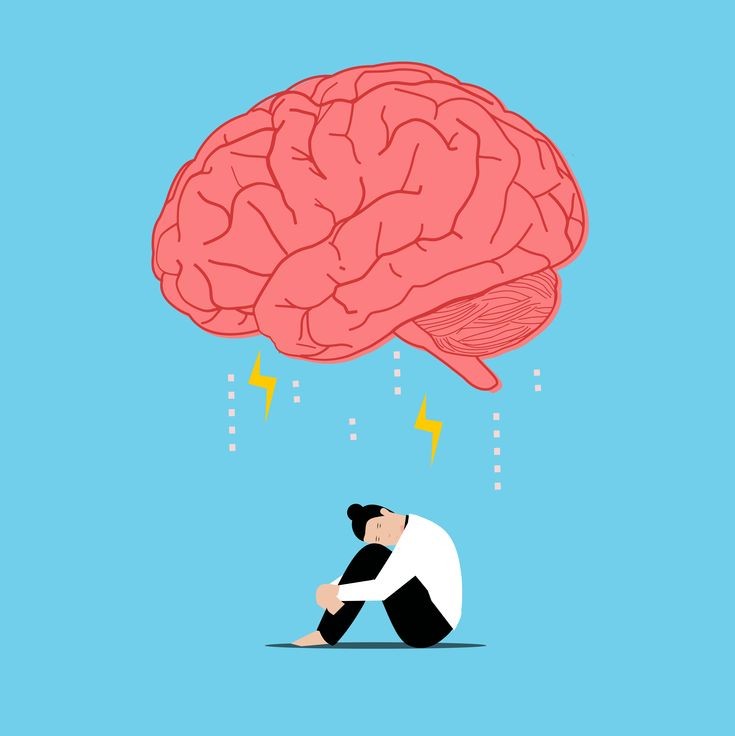Warning: Undefined array key "HTTP_REFERER" in /www/domains/textandtext.com/view/web/text.php on line 17
How to Cope with Mental Fatigue: A Simple Guide


Feeling mentally drained? You’re not alone! Mental fatigue is something many of us experience, especially in our fast-paced world. Whether it’s due to work stress, personal issues, or just the everyday hustle and bustle, it can leave you feeling exhausted and unmotivated. But don’t worry! In this article, we’ll explore some easy and effective ways to cope with mental fatigue and get you back on track.
▎What is Mental Fatigue?
Before we dive into solutions, let’s quickly understand what mental fatigue is. It’s that feeling of being tired in your mind rather than your body. You might struggle to concentrate, feel irritable, or just want to zone out. This can happen after long hours of work, studying, or even dealing with emotional stress.
▎Signs of Mental Fatigue
Recognizing the signs of mental fatigue is the first step in dealing with it. Here are some common indicators:
• Difficulty Concentrating: You find it hard to focus on tasks.
• Irritability: Little things annoy you more than usual.
• Lack of Motivation: You don’t feel like doing anything.
• Sleep Problems: You either can’t sleep or sleep too much.
• Physical Symptoms: Headaches or a feeling of heaviness in your head.
If any of these sound familiar, it might be time to take action!
▎Tips for Coping with Mental Fatigue
▎1. Take Breaks
One of the simplest ways to combat mental fatigue is to take regular breaks. Step away from your desk, go for a short walk, or just change your environment for a bit. Even a five-minute break can help refresh your mind!
▎2. Practice Mindfulness
Mindfulness is all about being present in the moment. Techniques like meditation or deep breathing exercises can help clear your mind and reduce stress. You don’t need to spend hours on this; even a few minutes can make a difference.
▎3. Get Enough Sleep
Never underestimate the power of a good night’s sleep! Aim for 7-9 hours each night. If you’re struggling to sleep, try establishing a bedtime routine or limiting screen time before bed.
▎4. Stay Active
Physical activity is a great way to boost your mood and energy levels. It doesn’t have to be an intense workout; even a short walk or some light stretching can help shake off that mental fog.
▎5. Limit Caffeine and Sugar
While it might be tempting to reach for that extra cup of coffee or sugary snack for a quick boost, these can lead to crashes later on. Try to maintain a balanced diet with plenty of fruits, vegetables, and whole grains.
▎6. Connect with Others
Talking to friends or family can provide emotional support and help you feel less isolated. Sometimes just sharing what you’re going through can lighten the load.
▎7. Set Realistic Goals
If you’re feeling overwhelmed by tasks, try breaking them down into smaller, manageable steps. This can make things feel less daunting and help you regain your motivation.
▎8. Seek Professional Help
If mental fatigue persists and starts affecting your daily life significantly, consider reaching out to a mental health professional. They can provide guidance and support tailored to your needs.
▎Conclusion
Mental fatigue is tough, but it’s manageable! By incorporating these simple strategies into your routine, you can combat that tiredness and reclaim your energy and focus. Remember, it’s okay to take a step back and prioritize your mental well-being. You’ve got this!







